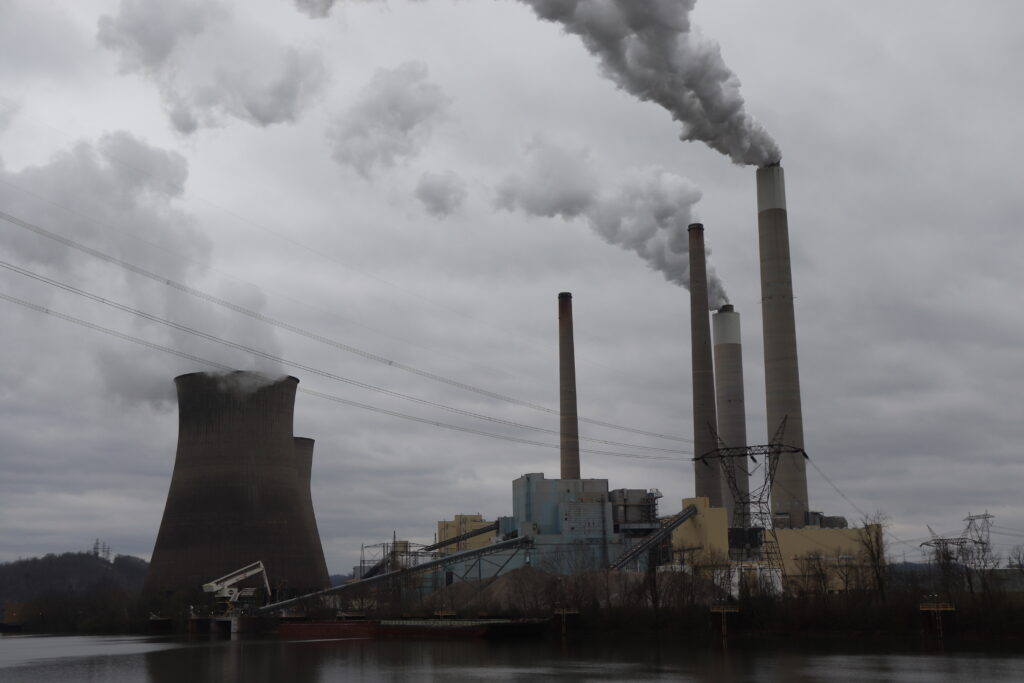The chief of the U.S. Environmental Protection Agency (EPA) said new power plant emission rules will eliminate some coal use.
The EPA will require existing coal-burning power plants to install carbon capture technology if they are scheduled to operate beyond 2040.
Carbon capture is not yet in widespread use in the electric power sector. Yet, if implemented, the rules would require the largest, most frequently run coal plants to capture 90 percent of their CO2 emissions starting in 2030.
Speaking to a group of reporters before the announcement of the rules, Administrator Michael Regan said the rules will allow power companies to decide whether they want to invest in carbon capture at individual plants.
“What we know, and what our analysis projects, is that we will see some coal retirements,” he said.
Last year’s Inflation Reduction Act includes incentives to install carbon capture at power plants.
Power companies will also be allowed to use natural gas or hydrogen to meet lower emissions targets at coal plants. Plants could be converted to burn 40 percent natural gas if they shut down before 2040.
Certain plants that see less use may not have to make any changes as long as they shut down by 2032 or 2035.
The rules also require natural gas plants to have some system in place to lower emissions. They could use either carbon capture or switch to low-carbon hydrogen.
The U.S. power sector was already trending away from coal. While coal produced nearly half the nation’s power 20 years ago, it has fallen to less than 20 percent in the first quarter of this year.
Natural gas has mostly taken coal’s place, but renewables account for an increasing share.
The proposed rules are almost certain to be challenged in court.
Republican U.S. Sen. Shelley Moore Capito, R-W.Va., said Thursday that she’d introduce a resolution opposing them.
“It’s reprehensible that this administration would clamp down even further on domestic energy production while advancing policies meant to increase demand for electricity,” Capito said in a statement.
On Wednesday, her West Virginia counterpart, Democrat Joe Manchin, said he’d block every EPA nominee.
“We will do everything we can to make sure they do not jeopardize the grid system, the reliability of the power this country needs,” Manchin said.
In the briefing with reporters on Wednesday, Regan said the rules would not affect grid reliability or the affordability of electricity.
Another challenge could come from Republican state attorneys general, including Patrick Morrisey of West Virginia.
Last year, Morrisey brought a case to the U.S. Supreme Court challenging the Obama administration’s Clean Power Plan, an earlier attempt to rein in carbon emissions.
“The U.S. Supreme Court has placed significant limits on what the EPA can do,” Morrisey said in a statement. “We plan on ensuring that those limits are upheld, and we expect that we would once again prevail in court against this out-of-control agency.”
The court ruled that the EPA had limited authority under the Clean Air Act to regulate power plant emissions. The new rules were designed to withstand legal challenges, Regan said.






















